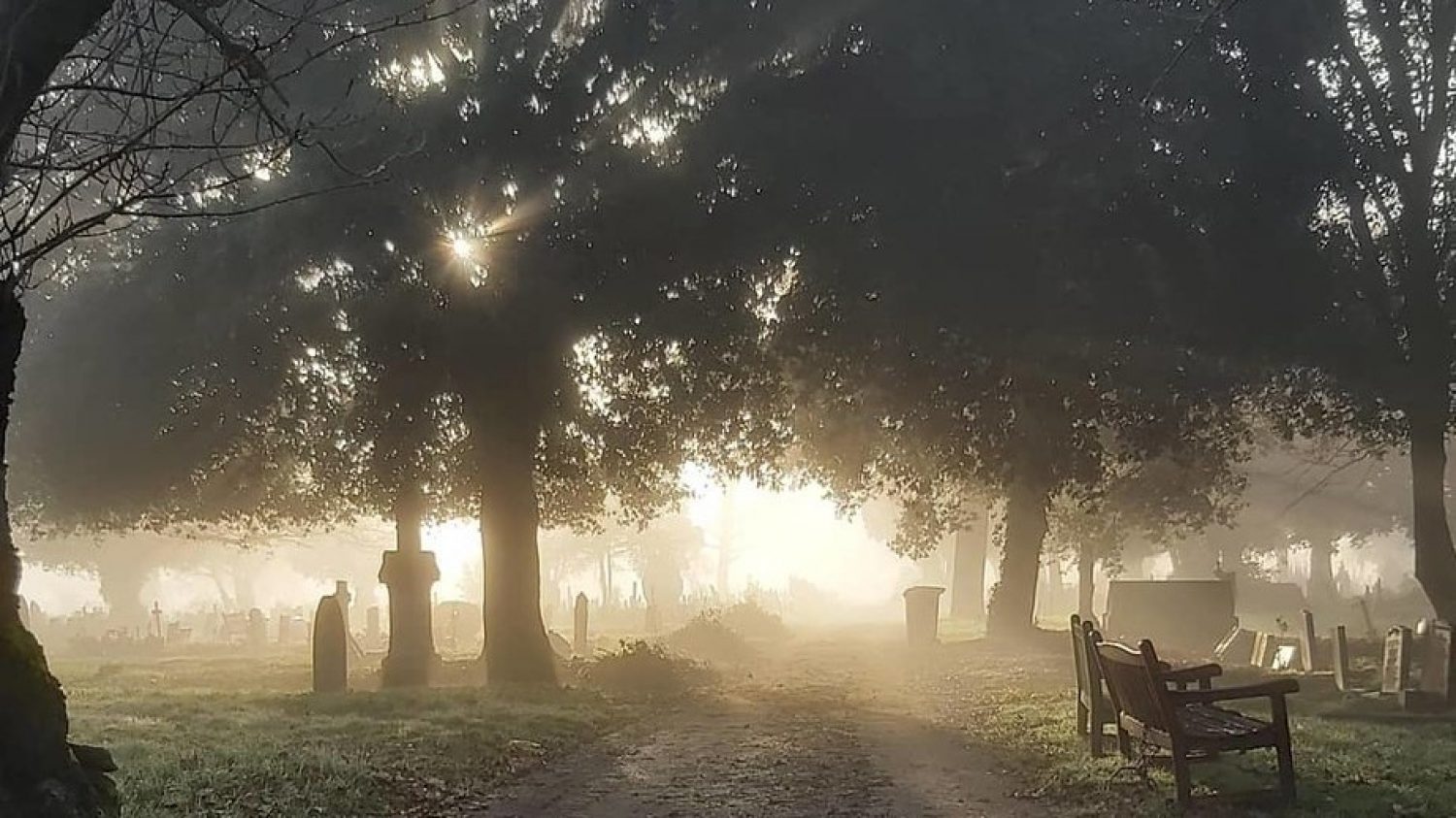Three minute read
Jane Harris shares some of the things she has learnt about grief, as a therapist, filmmaker, bereaved parent and founder — with her husband Jimmy — of the Good Grief Project.
It’s a really normal part of grief that sometimes you think you can’t get through it. In our work, we like to normalise the difficult stuff and make it approachable, because we’ve discovered that grief is an isolating thing and people feel very lonely.
The bereaved spend an awful lot of time making it okay for other people, at a time when they need support for themselves. But it’s not okay for the bereaved to have to be the teachers. The people around them need to own their anxiety and their fears, rather than imposing their discomfort on the bereaved so that the bereaved person feels they have to say, ‘yes, I’m fine’.
Most bereaved people think, ‘I’ve just got to get over this’, but there’s no time frame for grief. It’s so helpful to say to people that everybody grieves differently. Trying to fit into other people’s prescribed normal won’t help you, it will hold you back.
The film we made about our son’s funeral has been watched by thousands and thousands of people. A bit of me thinks I don’t want people to see our private world. Another bit of me thinks, how lovely that we were able to create something that normalises this experience and that has helped so many people.
My therapy clients ask, ‘will I ever feel better?’ How do you answer that? I say that it will get easier, but maybe you have to do some things to get to that place. In my experience, and in so many people’s experience, if you don’t address your grief, it can result in physical and psychological symptoms. The body keeps the scores.
We all hate to feel powerless, and we all hate to see other people’s pain, but you have to be able to bear someone’s pain, without jumping in to fix it. A lot of people, including doctors and health professionals, want to fix it. We run workshops for the NHS and for big companies to encourage people to find the strength to simply be alongside others, rather than wanting to fix things for them.
Siblings are very often the forgotten mourners — they lose a sibling, but they also lose their parents for a while, because their parents are so consumed by the death of their child. After her brother died, my daughter would say, ‘Mum, people always ask how you are, but they never ask how I am’.
I would never say that the death of a child breaks up a relationship — relationships need to be worked at — but it can be really complicated. There’s a lot of pressure on couples after the death of a child. Couples grieve differently too. I’ve done lots of workshops for couples around grief because it’s a really difficult time. But therapy and peer support are available.
When you’re bereaved, your address book changes. You tend to lose a lot of friends, a lot of people you might have relied on just can’t hack it, through no fault of their own, but new connections come too.
For us, the biggest message of all is that if you want to know what you can do for a bereaved person, just be there. If you don’t know how to be there, find out how to be there. It’s all about finding a more comfortable position to be with people, and holding steady.
Read about how Jane and Jimmy founded the Good Grief Project or find resources and sources of support for grieving and bereaved people.
To stay in touch with all the latest news and updates from Poppy's by email, sign up here or contact us if you need help in planning a funeral.
